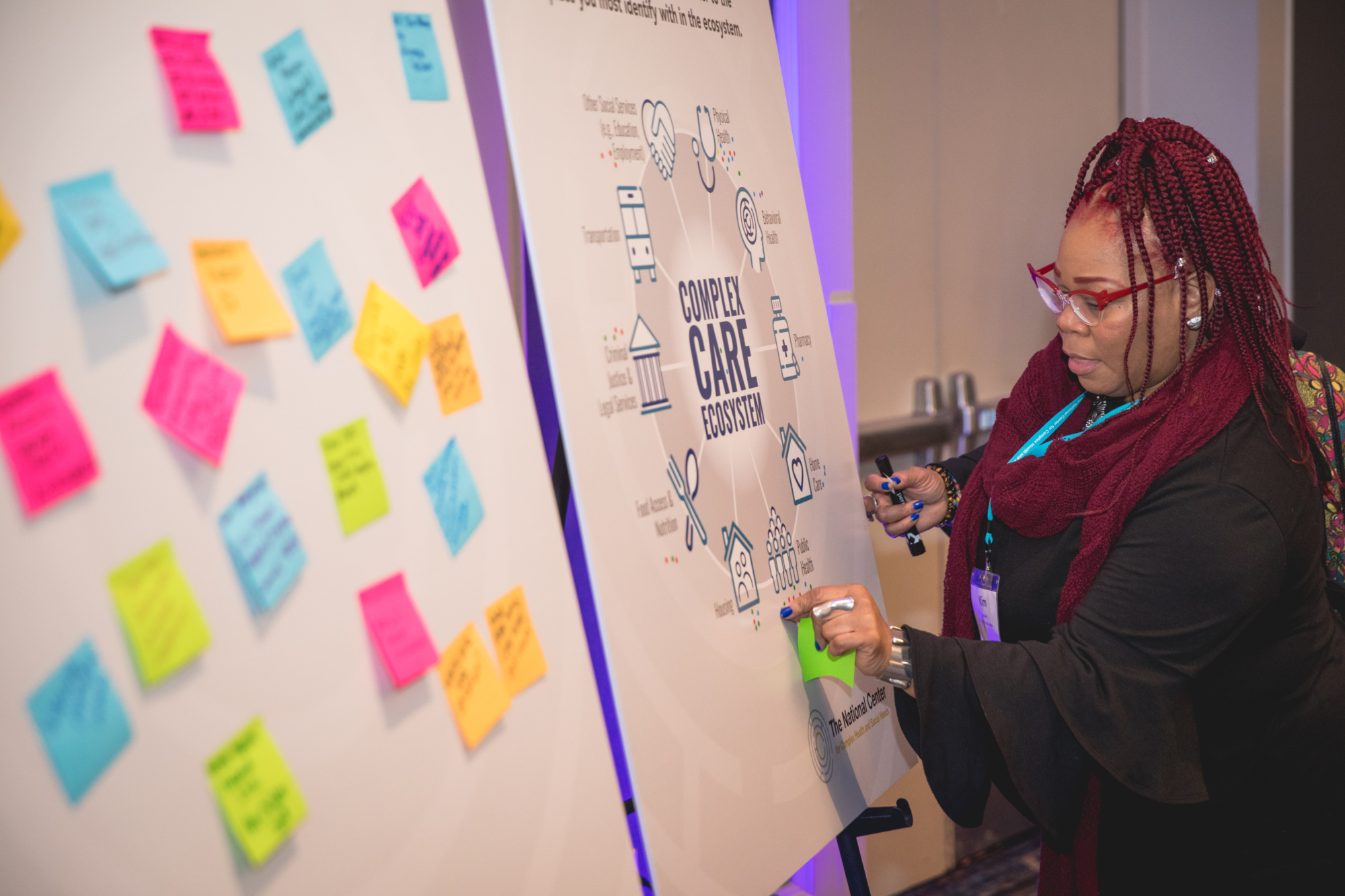Ecosystems 101
By Rebecca Koppel, Senior Program Manager for Field Building and Resources
Building the complex care field Strengthening ecosystems of care Quality improvement SDOH & health equity
A ecosystem of care is a local network of organizations, sectors, fields, and/or professions working collectively to address the root causes of poor health among individuals with complex health and social needs.
Ecosystems of care may include:
The interdependent collaborations that characterize ecosystems of care improve the effectiveness, efficiency, experience, and quality of care delivery by:
The most powerful examples of successful ecosystems of care feature local and regional communities coming together, honestly evaluating their systems, understanding who’s at the table, and identifying who’s missing and marginalized. This is the hard work of building authentic, healing relationships—and it’s absolutely necessary.
Two National Center programs support local groups of stakeholders in starting and strengthening ecosystems of care in their communities:
The tools and resources in the Data & process improvement and Community mapping & collaboration sections of the Complex care startup toolkit will be most helpful in building an ecosystem if you already have a complex care program.
Use the value case summary tool in the Building the value case for complex care toolkit to demonstrate the return on investment (ROI) of your program or ecosystem. Also, you can apply lessons from our recent evaluation examining perceptions of value of cross-sector collaboration toward serving populations with complex health and social needs.
The resources in the Integrated team collaboration and Systems complexity and context domains of our Implementing the core competencies: A toolkit to guide education and training are helpful for supporting a team in building a complex care ecosystem.
By Rebecca Koppel, Senior Program Manager for Field Building and Resources
Building the complex care field Strengthening ecosystems of care Quality improvement SDOH & health equity
Care management & redesign Strengthening ecosystems of care Quality improvement
Data analysis & integration Strengthening ecosystems of care Funding & financing Measurement & evaluation




